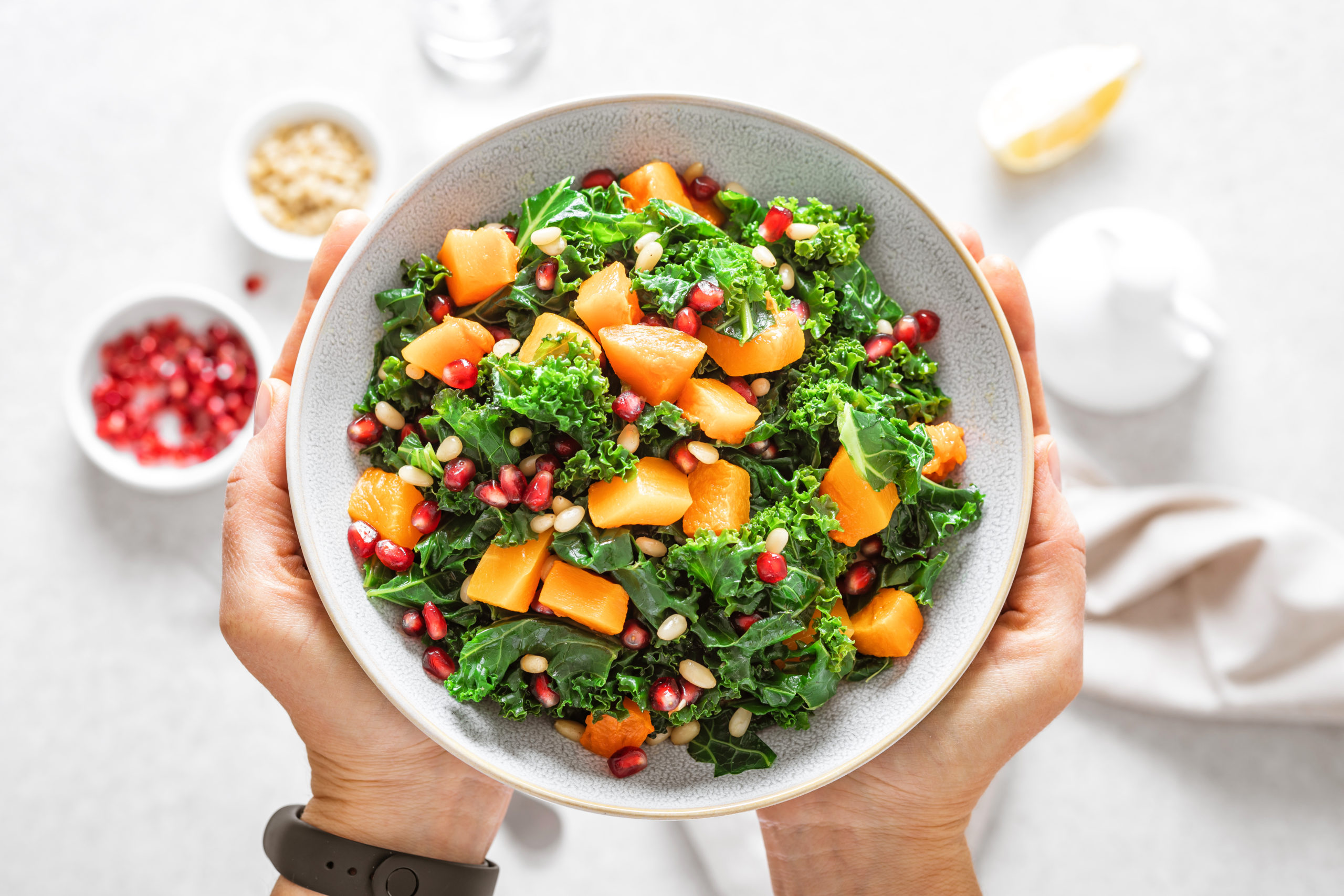Boosting Your Recovery with Superfoods
Addiction recovery is an important time. You’ll focus on healing your physical and mental health, and ridding yourself of the effects substances can have on the body. In addition to addiction treatment, detox, medications and the care and counseling of proper medical and mental health care specialists, you can also improve your recovery by adopting healthy eating habits.
It might sound simple or insignificant, but choosing to eat superfoods can actually benefit your recovery. After all, what you put into your system is what you get out of it. If you want to tackle recovery with lots of energy, healthy sleeping patterns and fully functioning immune and digestive systems, you’ll want to consider supplementing your recovery with a recovery diet.
Addiction recovery foods
There are dozens of superfoods that could be incorporated in a recovery diet. Here, you’ll find a list of superfoods to consider incorporating as you begin this new lifestyle.
Foods that contain Tyrosine
Tyrosine is an amino acid responsible for helping create the neurotransmitters dopamine and norepinephrine. During substance use, its effectiveness is severely lessened. Low levels of tyrosine in the body cause substance cravings, low energy and motivation, listlessness and depression.
In order to help your brain restore the emission of healthy, natural levels of dopamine on its own, you’ll want to make sure your addiction recovery food choices include sources of tyrosine.
Tyrosine is found in foods like:
- Poultry;
- Fish;
- Bananas;
- Lamb;
- Sunflower seeds;
- Dairy, including milk and cheese.
Because tyrosine is contained in many protein-rich foods, it is not a difficult amino acid to include in your diet, so long as you focus on healthy protein consumption.
Tofu
During addiction, your liver could be impaired as a result of the number of toxins flooding your system. Tofu is high in protein and low in fat, meaning that the liver has to work less intensely to digest it, giving it a much-needed rest and time to heal. Additionally, all the proteins found in tofu work to supplement the recovery of the liver.
Tofu can be an intimidating ingredient to add to your diet, but with the right tofu recipes, you will soon find it a staple recovery food.
Foods packed with antioxidants
Your immune system takes a severe hit during substance use, meaning addiction detox and recovery can be difficult as your body struggles to fight against withdrawal symptoms while also attempting to heal itself.
To supplement this recovery and boost your immunity as much as possible, superfoods rich in antioxidants are an important choice.
These foods include:
- Berries, like strawberries, raspberries and blueberries;
- Dark chocolate (check to make sure it’s free of added sugars and flavors);
- Pecans;
- Artichokes;
- Beans, especially pinto beans;
- Kale.
Antioxidant rich foods also speed up the detoxing process, furthering benefitting your recovery.
Yogurt
The digestive system and microbiome of the gut is upset during drug and alcohol use. For this reason, it’s important to help the body reset its proper digestive functioning through the consumption of probiotics.
One of the easiest ways of doing so is through consuming yogurt. It will help with detox symptoms like constipation and diarrhea. Yogurt consumption is also a great way to source vitamins and minerals through the addition of fresh fruit to your morning yogurt.
Detox benefitting foods
Foods high in sulfur and the aforementioned antioxidants help in the cleansing of the liver, kidneys and digestive tract done during detox. Not only do these foods speed up the detoxification process; they also assist the reduction of detox symptoms.
These foods include:
- Apples;
- Berries;
- Brussels sprouts;
- Garlic;
- Lemon;
- Grapefruit.
Not only are these recovery foods easy to use; the fruits can also be eaten alone as a snack, making it simple to get nutrients without having to find a recipe.
Vegetables
Vegetables are full of vitamins, minerals and nutrients and lacking in many of the natural sugars you’ll find in fruits. Plus, vegetables can help quickly and effortlessly fulfill the vitamin requirements your body needs.
All vegetables are good, but certain ones can help target areas specifically hurt during addiction. These include:
- Avocados, sweet potatoes and red or yellow bell peppers to increase skin health;
- Broccoli, brussels sprouts, cauliflower and kale to enhance liver functionality;
- Tomatoes and lentils to reinforce brain health and cognitive functionality.
There’s no such thing as a bad vegetable for your health. To increase your body’s health following addiction, consider making salads and roasted vegetables a routine part of your cooking regimen.
Eating your way to addiction recovery
In addition to medication, treatment plan and recovery groups, you can play your part in boosting your recovery by adopting a recovery-minded diet.
By prioritizing the vitamins, minerals and nutrients your body needs, you can give yourself the best chance of achieving and maintaining recovery.
For more information on addiction recovery, or to begin your recovery journey, contact Freedom Detox today or call (800) 475-2312.





